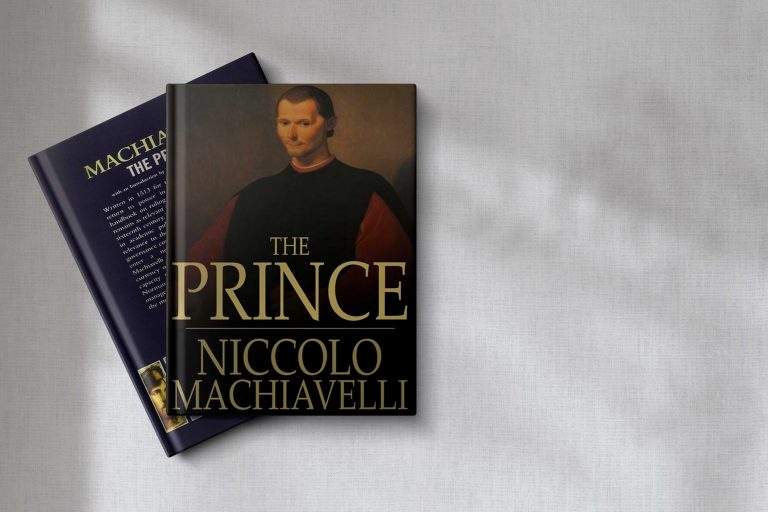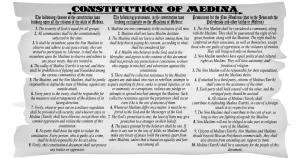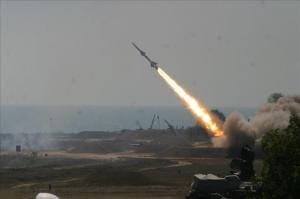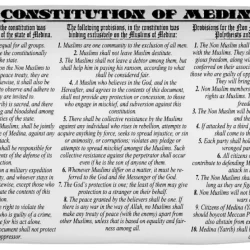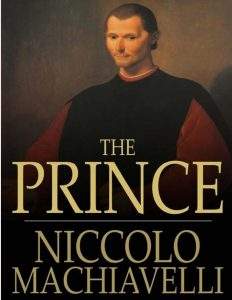
Niccolo Machiavelli‘s The Prince is a seminal work in the field of political philosophy that has had a profound impact on the way we think about power, leadership, and governance. Written in the early 16th century, The Prince is a practical guidebook for rulers, outlining the principles and tactics necessary to gain, establish, and maintain power. Despite being over five centuries old, The Prince’s teachings on leadership and political conduct continue to be relevant and influential today. Machiavelli’s ideas have shaped modern political thought and have been widely debated and analyzed by scholars, politicians, and leaders alike. The book’s lessons on power and leadership are enduring, providing valuable insights into the nature of politics and the dynamics of human interaction.
Background and Context
To fully understand the significance of Niccolo Machiavelli’s The Prince, it is crucial to examine the historical and political context of 16th-century Europe. During this time, Italy was in a state of turmoil with foreign powers vying for control and constant internal conflict. In this tumultuous period, Machiavelli served as Florence’s foreign secretary, giving him firsthand experience with the complexities of power and politics.
The Prince was written during a period of great upheaval and instability, and its purpose was to provide practical advice on how to gain, establish, and maintain power. The intended audience of the book was the ruling class, particularly princes and monarchs, who were seeking to consolidate and expand their power.
The Social Contract of Jean-Jacques Rousseau
Machiavelli’s experience and knowledge of politics and power dynamics allowed him to provide valuable insights into the intricacies of leadership and governance. Despite the controversial nature of The Prince, it remains an enduring work that has had a significant impact on political philosophy and leadership theory.
The Content of The Prince
The Prince by Niccolo Machiavelli is a remarkable treatise on the acquisition, establishment, and maintenance of power. Machiavelli draws on his extensive experience in politics and history to provide a comprehensive guide on how a leader should behave to achieve political success. The book’s central argument is that politics operates under its own set of rules and that leaders must be willing to do whatever it takes to maintain power, even if it means using ruthless tactics.
Machiavelli’s teachings have garnered much criticism and controversy, with many accusing him of endorsing unethical and immoral behavior in politics. However, Machiavelli argues that leaders should be pragmatic and make decisions based on what is necessary for the survival and success of their state, rather than adhering to strict moral principles. The Prince is a book that challenges traditional notions of morality and ethics in politics, and it continues to be relevant today in the study of power and leadership.
Machiavelli’s Intentions and Approach
Machiavelli intended to provide practical guidance to leaders seeking to gain and maintain power. He believed that his advice would be more useful if it was written in a clear and straightforward manner, and as a result, he used concise language to convey his teachings.
Furthermore, Machiavelli placed a strong emphasis on the importance of education and learning in The Prince. He believed that leaders should be well-read and knowledgeable, and should be constantly learning and adapting to changing circumstances.
In addition to his emphasis on education, Machiavelli’s use of rhetoric played a significant role in transforming the nature of the political study. He used persuasive language and vivid imagery to convey his teachings, and his style of writing was influential in shaping modern political discourse.
Machiavelli’s Legacy and Contributions to Political Philosophy
Niccolo Machiavelli’s The Prince has had a profound impact on modern political thought. Its teachings on power, leadership, and political conduct have shaped the way we understand and approach politics. Machiavelli’s focus on the acquisition and maintenance of power has had a lasting influence on political theory and practice. His emphasis on the use of force and deception in political strategy has been both celebrated and criticized throughout history.
Despite being written over five centuries ago, The Prince’s teachings on leadership and the use of power continue to be relevant in contemporary politics. Machiavelli’s insights into the human condition and the nature of political power remain insightful and thought-provoking. The book’s enduring relevance is a testament to the enduring impact of Machiavelli’s ideas.
Machiavelli’s contribution to political philosophy is also significant in its own right. His approach to political study emphasized the importance of clarity and intelligibility in writing, as well as the role of education and learning in shaping political thought. Machiavelli’s use of rhetoric helped transform the study of politics, paving the way for new forms of political analysis and inquiry.
In sum, Machiavelli’s legacy and contributions to political philosophy are vast and enduring. The Prince remains a seminal work on power, leadership, and political conduct, and its teachings continue to shape our understanding of politics today.
Conclusion
In conclusion, Machiavelli’s The Prince is a seminal work that offers valuable insights into the nature of power, leadership, and political conduct. Throughout the book, Machiavelli stresses the importance of clarity and intelligibility in political guidance and emphasizes the role of education and learning in the pursuit of power. His use of rhetoric also played a significant role in transforming the nature of the political study.
Despite the criticisms and controversies that have arisen in response to the book’s recommendations for political conduct, The Prince remains a foundational text in the history of political philosophy. Its impact on modern political thought is undeniable, and its enduring relevance is a testament to the insight and wisdom of its author. In today’s political landscape, where power and leadership continue to be hotly contested topics, Machiavelli’s teachings are as valuable and relevant as ever.

